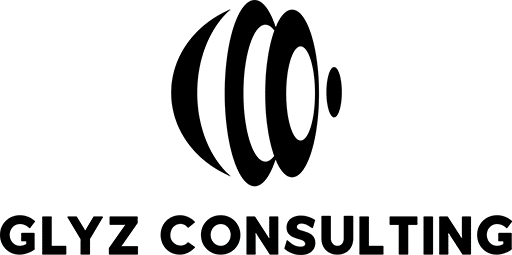
How Understanding Personality Profiles Drives Successful Change Management in Organizations
Effective change management isn’t just about updating processes, systems, or technologies—it’s fundamentally about understanding and managing people. As organizations increasingly seek to navigate complex transformations, a key success factor is the ability to recognize how individuals and teams react to change. Personality profiling is an essential tool in this process, helping leaders understand the human element that drives or resists change.
In this blog, we explore how leveraging personality insights can streamline change management, improve collaboration, and boost organizational resilience.
Understanding Individual Reactions to Change
Change affects everyone differently. While some people thrive on new challenges, others may feel anxious or resistant. Personality profiling tools, such as the Myers-Briggs Type Indicator (MBTI), DISC assessments, or Hogan assessments, help leaders predict how individuals are likely to respond to changes. These tools reveal preferences in communication style, behavior, and decision-making patterns, which are crucial for tailoring leadership approaches.
For example, extroverted personalities might embrace open discussions and brainstorming sessions during change, while more introverted team members may prefer reflective periods to process new information. Knowing these tendencies helps leaders guide employees through transitions with empathy and precision.
Tailored Communication Strategies
A successful change initiative relies on effective communication, but not every message resonates equally with every person. Profiling tools categorize individuals into personality cohorts, each with distinct communication preferences. Understanding these preferences allows leaders to customize communication—whether it’s emphasizing data and logic for analytical thinkers or focusing on emotional benefits for those who value personal connections.
Research from Harvard Business Review shows that organizations with personalized communication strategies are 1.7 times more likely to achieve their change management goals. By ensuring that messages resonate with different personality types, organizations increase their chances of securing buy-in and reducing resistance.
Improved Collaboration and Team Dynamics
Successful change management doesn’t just focus on individuals; it’s about enhancing team dynamics. Profiling helps leaders build balanced teams by aligning complementary personality traits. Understanding both individual strengths and potential friction points allows leaders to form teams that work cohesively during periods of transformation.
For example, a team that includes both risk-takers and detail-oriented individuals can balance creativity with practical implementation, ensuring that innovative ideas are thoroughly vetted before execution. Studies by Gallup have shown that teams with diverse perspectives are 21% more likely to perform better in fast-changing environments.
Identifying Leadership Strategies
Leaders play a crucial role in guiding change, but every leader has a unique style. Personality profiling provides leaders with insights into their natural leadership tendencies and how these are perceived by their teams. For instance, a leader who prefers direct, assertive communication may need to adjust their approach for team members who respond better to a softer, more empathetic tone.
A report by McKinsey suggests that leaders who adapt their style based on team dynamics are more successful in driving change, with teams 30% more engaged in the process. This alignment allows leaders to offer the right balance of support, motivation, and guidance.
Building Resilience and Adaptability
Personality profiling also highlights the psychological drivers that can enhance resilience during times of change. By understanding what motivates individuals—whether it’s recognition, stability, or intellectual challenge—leaders can design targeted interventions that increase adaptability. This is particularly important in industries undergoing rapid transformation, such as healthcare or tech.
In one case study published by Deloitte, organizations that implemented resilience-building strategies based on personality insights saw a 40% improvement in employee adaptability during change initiatives.

Enhancing Employee Engagement and Buy-In
Engaged employees are key to successful change management. Personality profiling helps leaders align their strategies with the motivational drivers of their teams. When leaders understand what energizes and engages their workforce, they can design change initiatives that speak to those needs, boosting overall commitment to the process.
According to Forbes, companies that address the personal and professional needs of their employees during times of change are 2.5 times more likely to retain talent and drive innovation. By fostering a work environment where employees feel heard and supported, organizations can reduce resistance and increase long-term buy-in.
The Human Element of Change Management
While technology, processes, and systems are vital components of organizational change, it’s the human element that ultimately determines success. Understanding personalities through profiling tools allows leaders to navigate change with empathy and precision, ensuring that their approach is strategically aligned with the needs of individuals and teams. By investing in tailored communication, fostering collaboration, and building resilience, organizations can increase engagement and drive sustainable change.
Change management isn’t one-size-fits-all. It requires understanding, adaptability, and a personalized approach to ensure that each team member feels supported, valued, and motivated throughout the journey.
References:
- Harvard Business Review. “Personalized Communication Strategies for Change.”
- McKinsey & Company. “Leadership Styles in Change Management.”
- Gallup. “How Team Diversity Impacts Performance.”
- Deloitte. “Resilience Building in the Face of Organizational Change.”
- Forbes. “Employee Engagement in Change Management.”
We invite you to share your thoughts and experiences on this topic.
- How is your organization adapting to the Change Management?
- What strategies have you found effective?
Let’s collaborate to enhance engagement and make a lasting impact on healthcare.
About Glyz Consulting
We’re specialist in pharma industry digital marketing and customer engagement. At Glyz Consulting we are passionate about bridging the gap between pharmaceutical companies and healthcare professionals. With more than 65+ years of combined experience in crafting strategies that resonate with HCPs, we aim to foster collaborations that ultimately benefit patient care.
Glyz Consulting – Your Parther in Business Excellence
glyzconsulting.com | contact@glyzconsulting.com


